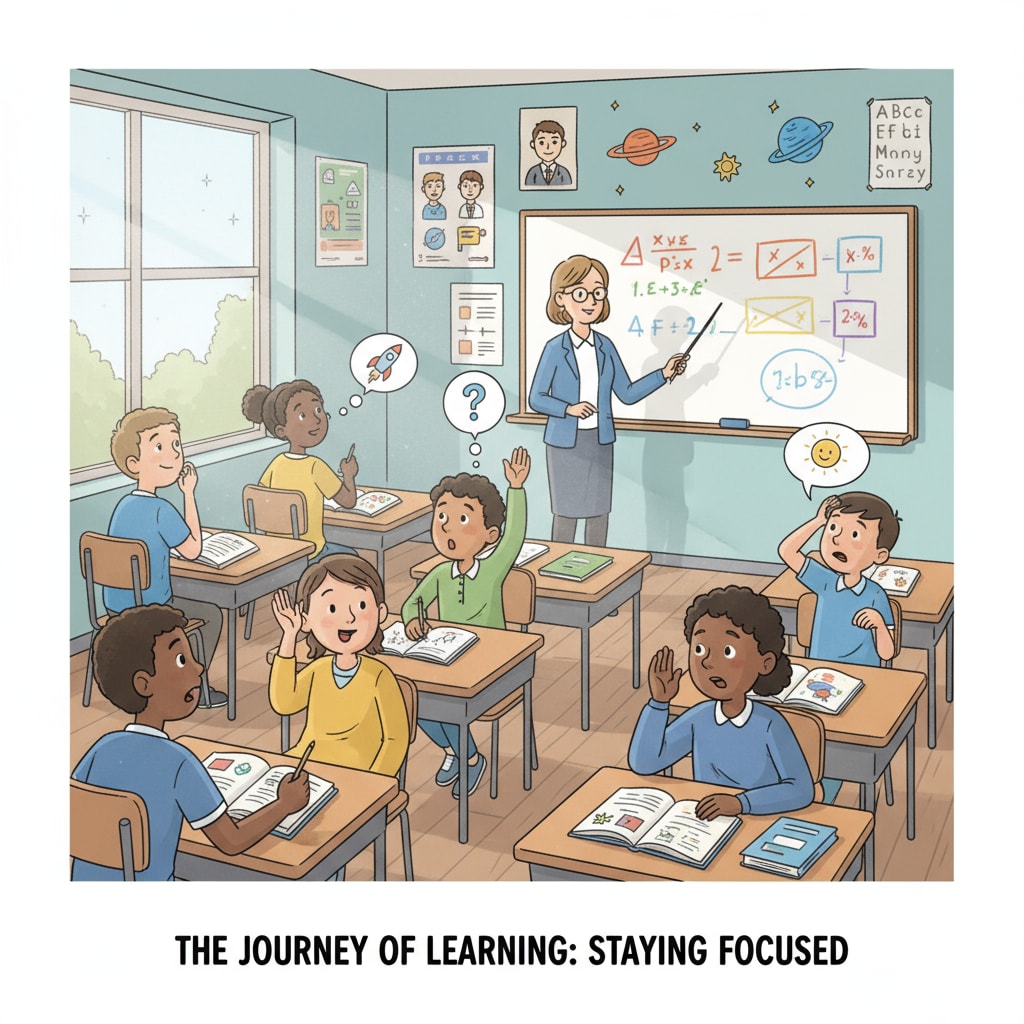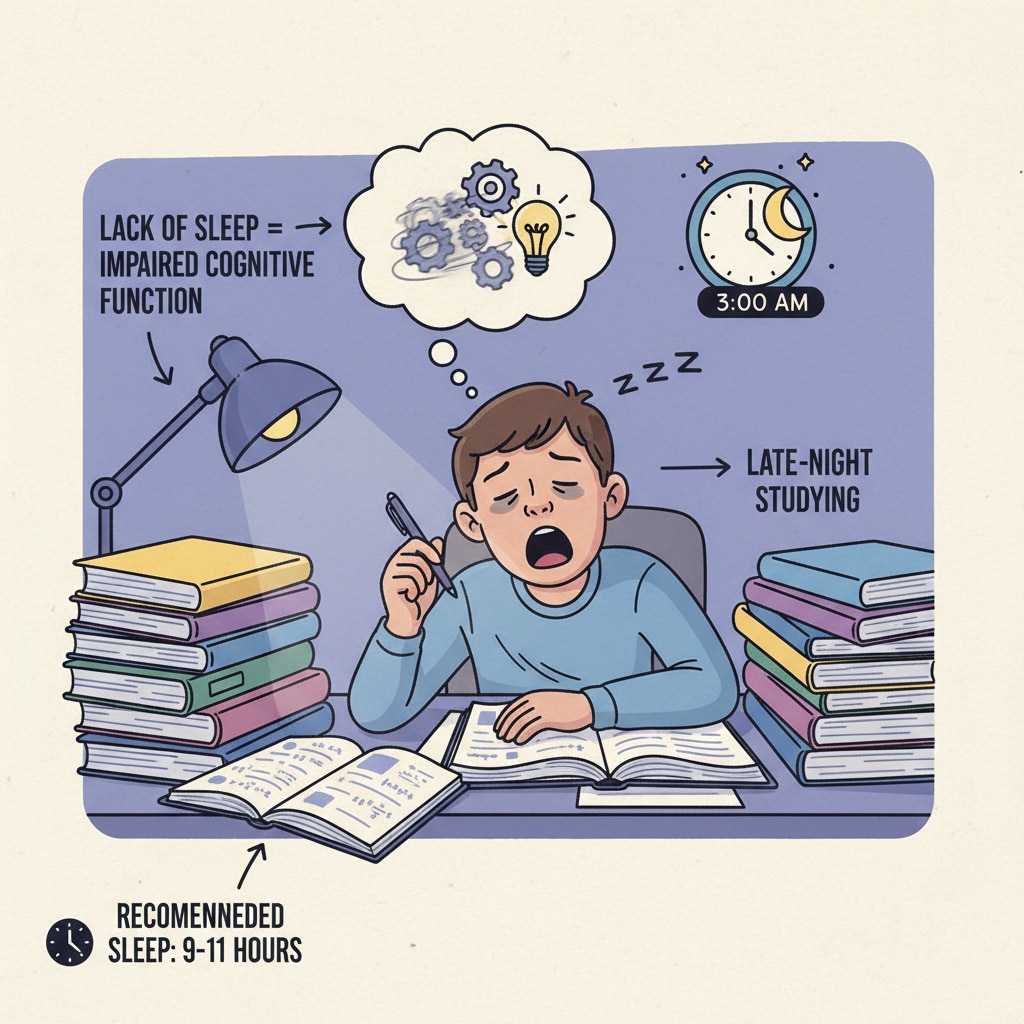In today’s fast-paced digital age, K12 students are facing challenges in thinking abilities, cognitive difficulties, and maintaining concentration. The decline in deep thinking capabilities among these students has become a matter of concern. Understanding the root causes and implementing effective strategies is crucial to help them regain and enhance these important skills.

The Impact of Distractions on Cognitive Development
One of the primary factors affecting students’ thinking and concentration is the prevalence of distractions. With the rise of digital devices, students are constantly bombarded with notifications, social media updates, and various forms of entertainment. These distractions disrupt the thought process and make it difficult for students to focus deeply on academic tasks. According to American Psychological Association research, excessive use of digital devices can lead to decreased attention spans and cognitive overload.
The Role of Sleep in Cognitive Function
Sleep is another critical element in cognitive development. Insufficient sleep can have a profound impact on students’ ability to think clearly, concentrate, and retain information. When students don’t get enough sleep, their brains are not able to function at optimal levels. As a result, they may experience cognitive difficulties such as memory problems and slower processing speeds. The Sleep Foundation states that adolescents need 8 – 10 hours of sleep per night for proper cognitive development.

To address these issues and help students regain their deep thinking abilities and improve concentration, several strategies can be implemented. Firstly, creating a distraction-free study environment is essential. This can involve turning off electronic devices, finding a quiet space, and setting clear study goals. Secondly, establishing a regular sleep schedule and ensuring adequate sleep is crucial. Parents and educators can encourage students to develop healthy sleep habits.
Readability guidance: By understanding the factors that affect students’ thinking abilities, cognitive difficulties, and concentration, and implementing appropriate strategies, we can help K12 students thrive academically and develop strong critical thinking skills. These skills will serve them well throughout their lives.


